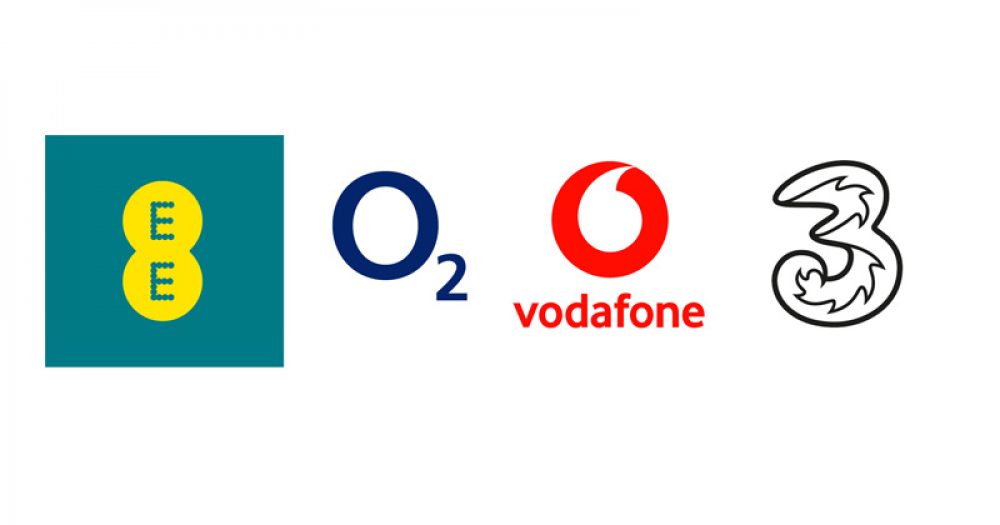Telecoms companies have poured cold water on calls for them to “zero-rate” remote education websites, citing technical issues around third-party content.
Calls for unfettered access to online education resources have been growing since the government announced on Monday that most pupils will learn remotely until at least February half-term.
If we can prove to them that the technical solution works then at that point I would really hope that they come on board
Ofcom estimates that just under one million pupils rely on mobile devices to access the internet, and around one in ten pupils using the government-backed Oak National Academy do so via a mobile.
The “big four” mobile telecoms providers – EE, O2, Vodafone and Three – have all joined a government scheme to offer uplifts to poorer pupils’ mobile data via schools.
However, none has committed to zero-rating education websites, which would mean they didn’t eat into data allowances at all.
‘We are adding education to the list of services that poor families pay more for’
Oak National Academy principal Matt Hood welcomed the government scheme, but warned the administration would be burdensome for schools and said a universal zero-rating approach would be better than making poorer families ask for handouts.
“We are adding education to the list of services that poor families pay more for,” he told Schools Week. “The charges if they go over their data packages are so significant that those families would have to stop educating their kids. That’s not OK.”
EE said connectivity was “absolutely essential to helping children keep up with their learning throughout the pandemic” but would not commit to zero-rating any education websites.

O2 said it had zero-rated “more sites than any other operator” – including the Hungry Little Minds education resource for pre-school children. But it would not pledge to zero-rate other sites, including Oak.
Vodafone said there were “technical challenges with zero-rating individual websites, including education resources, if some content is hosted from external sources such as YouTube, which is often the case”.
Three has said it will provide “unlimited data upgrades to disadvantaged school children in England”, but pointed to barriers to zero-rating educational websites, including the issue around third-party content.
Oak looking for third-party content issue solution
Hood said Oak was working with its video hosting provider Mux to come up with a solution to the third-party content issue that could then be used by various platforms, but was calling on telecoms providers to lend their expertise to the push.
“We are not 100 per cent sure our solution works, but our plucky team of five developers and the team at Mux think we have a technical solution to this problem. If we can prove to them that the technical solution works then at that point I would really hope that they come on board.”
It comes as the BBC announced it would provide the “biggest education offer in its history” in a bid to ensure homebound children without internet access can keep learning.
From next week, the BBC will run a three-block of primary school programming on CBBC from 9am, while BBC Two will provide at least two hours of content each weekday for secondary students to support the GCSE curriculum.
Bitesize Daily primary and secondary will also air every day on BBC Red Button as well as making episodes available on demand on BBC iPlayer.
The British Educational Suppliers Association has also said it will provide free support to teachers including via its LendED platform, an online tool offering the opportunity to search, select and trial education technology resources for free.








Your thoughts